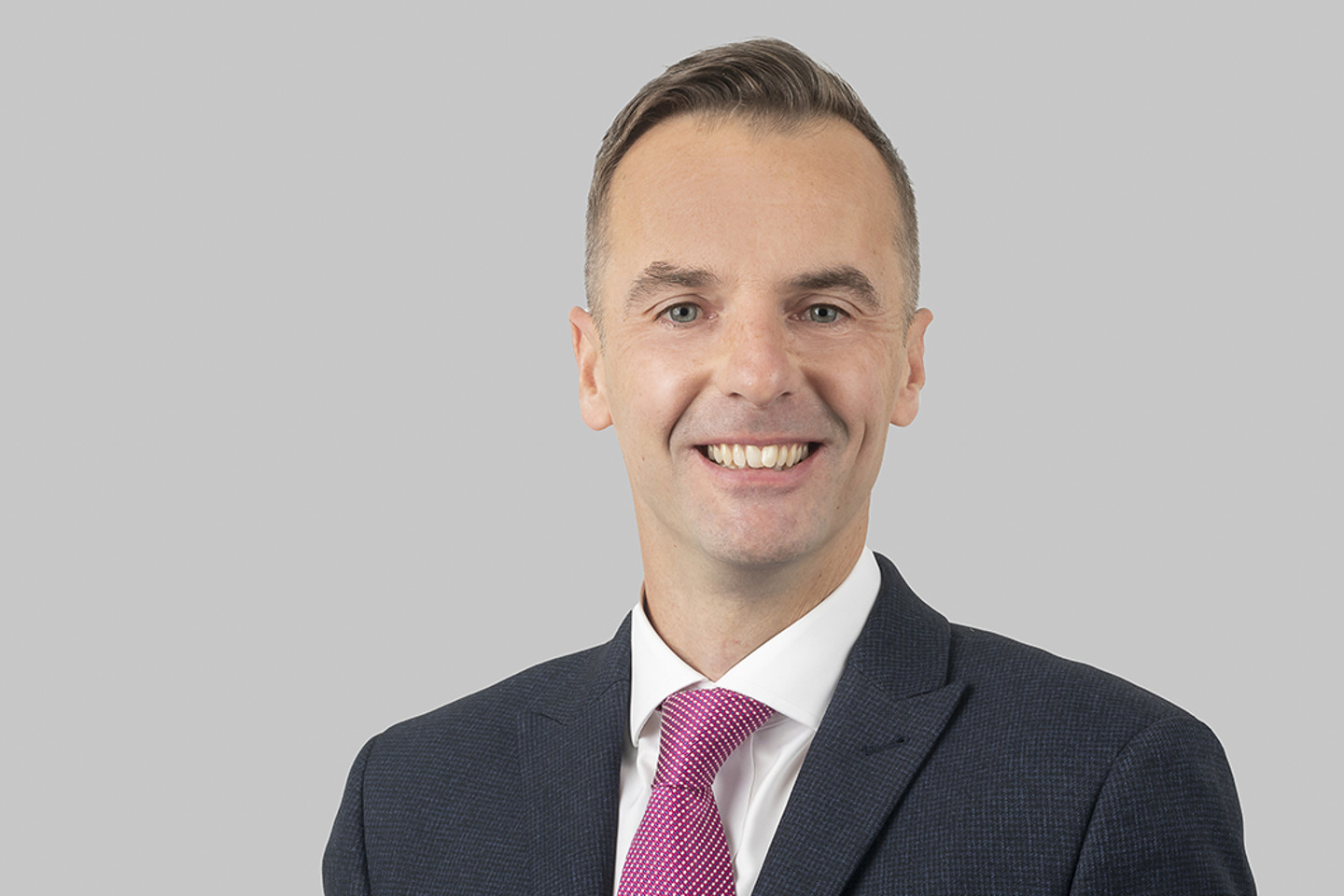
Lawrie Cunningham
Managing Director, Ogier Global, Jersey and Head of Real Estate Services | Corporate and Fiduciary
Jersey

Lawrie Cunningham
Managing Director, Ogier Global, Jersey and Head of Real Estate Services
Jersey
Korean investors have adopted a unique approach to managing their European positions against the backdrop of the challenges faced by the European real estate market since November 2022.
The market has faced persistent headwinds from rising interest rates to tight lending conditions. Korean investors, once associated with making bold new acquisitions, are choosing to stick rather than twist.
In this article, managing director of Ogier Global in Jersey and head of Real Estate Services Lawrie Cunningham examines their new approach.
Korean investors have weathered significant financial and political storms and are now refraining from offloading assets and crystallising losses. The predominant trend, observed both market-wide and in our deal flow, has been extending loan arrangements wherever possible. The focus has been on shoring up existing portfolios, rather than expanding or exiting them. Bringing loan-to-value covenants (LTVs) back into line has caused fresh equity injections and as a result, Korean capital, rather than drying up, has continued to flow to Europe. The key distinction is that capital now props up established deals rather than chasing new stock.
Despite tough refinancing rounds and compressed deal structures, Korean real estate investors - often working hand in hand with their on-the-ground local asset managers and the support of teams like Ogier Global - have navigated refinancing exercises astutely. The result being very few instances of investors needing to walk away from deals. Instead, they have kept leveraging strong relationships with lenders, displaying a good level of discipline and sophistication.
With new acquisitions on pause, Korean asset managers, working with their UK counterparts, have doubled down on positive initiatives. They have worked proactively to drive value from within, benefiting from a relatively resilient occupier market across key jurisdictions such as the UK, Germany and France. Their close engagement with investors has ensured that portfolio pain points are addressed directly and decisively, helping to preserve and rebuild asset values.
Recent months have seen tentative signs that valuations may be on the rise once more, fuelling hopes of a return to positive territory and making up for some of the crystallised losses. Notably, we're now seeing significant turnover and renewal among Seoul's asset management community, which may bring a new, less battle-bruised focus to the European property market. Many of the original deal makers have moved on, replaced by new teams looking for fresh opportunities with less baggage from the turbulent years just past.
That combination of renewed optimism, some restored headroom in valuations and the re-emergence of risk appetite could see Korean investors return to active acquisition mode in the near to medium term. Seasoned by experience and hard-won lessons, they may soon be ready to revisit European markets with renewed vigour.
Overlaying these property-specific trends is a period of unprecedented political change in South Korea. A chaotic few months, culminating in martial law, impeachment and a hotly contested presidential election resulting in the inauguration of Lee Jae-myung of the Democratic Party of Korea (DPK) as president, have created fresh questions about the outlook for outbound capital. While the DPK has assumed leadership, it is to be seen as to whether the next administration will encourage outbound investment. Korean investors will have to weigh their appetite for exposure beyond domestic borders and, if so, where they find the most stable and attractive opportunities. The UK no doubt will want to appear "open for business" as it gradually rediscovers its post-Brexit identity as a potential stable destination for investments.
The past three years have tested Korean real estate investors’ resilience. Yet, rather than retreat, most have doubled down - recapitalising existing positions, navigating tough refinancing exercises and focusing on value creation. As both political clarity and market optimism begin to emerge, they may find themselves better positioned than many of their peers to seize the next wave of opportunity.
Ogier works with many reputable Korean based investment managers, advising on some of the highest profile deals by Korean investors into European and UK real estate. With offices across major international finance centres and a specialist Korean real estate desk, Ogier can guide clients through the complexities of cross border investment, ensuring deals are done quickly and efficiently.
Ogier is a professional services firm with the knowledge and expertise to handle the most demanding and complex transactions and provide expert, efficient and cost-effective services to all our clients. We regularly win awards for the quality of our client service, our work and our people.
This client briefing has been prepared for clients and professional associates of Ogier. The information and expressions of opinion which it contains are not intended to be a comprehensive study or to provide legal advice and should not be treated as a substitute for specific advice concerning individual situations.
Regulatory information can be found under Legal Notice
Sign up to receive updates and newsletters from us.
Sign up